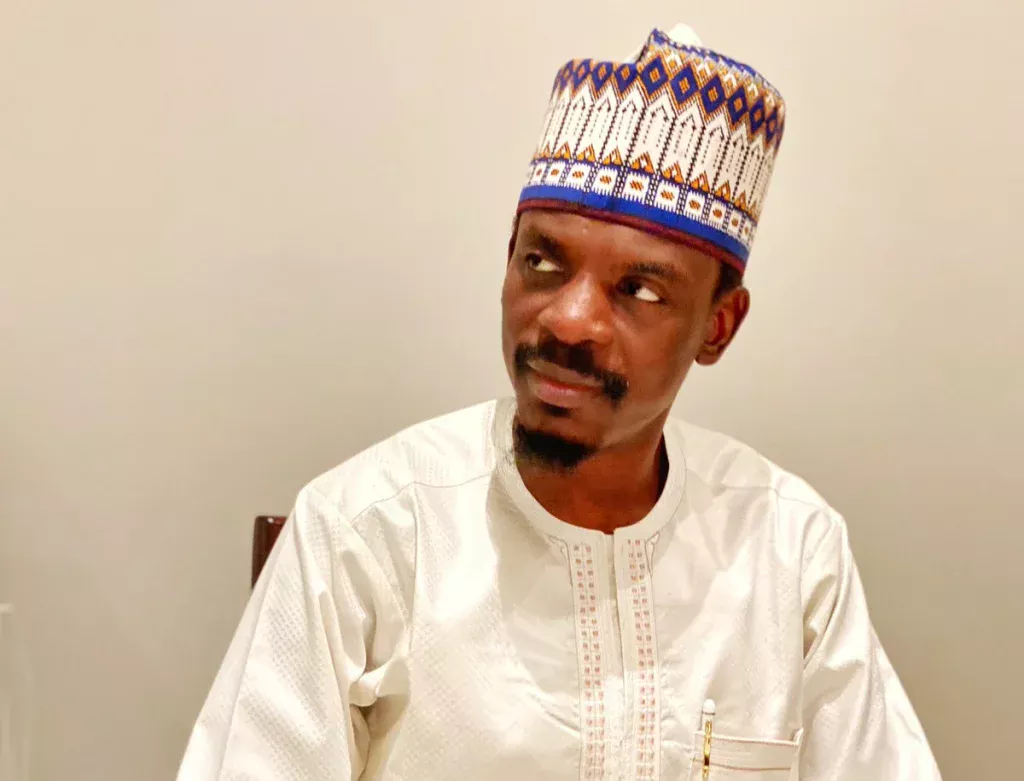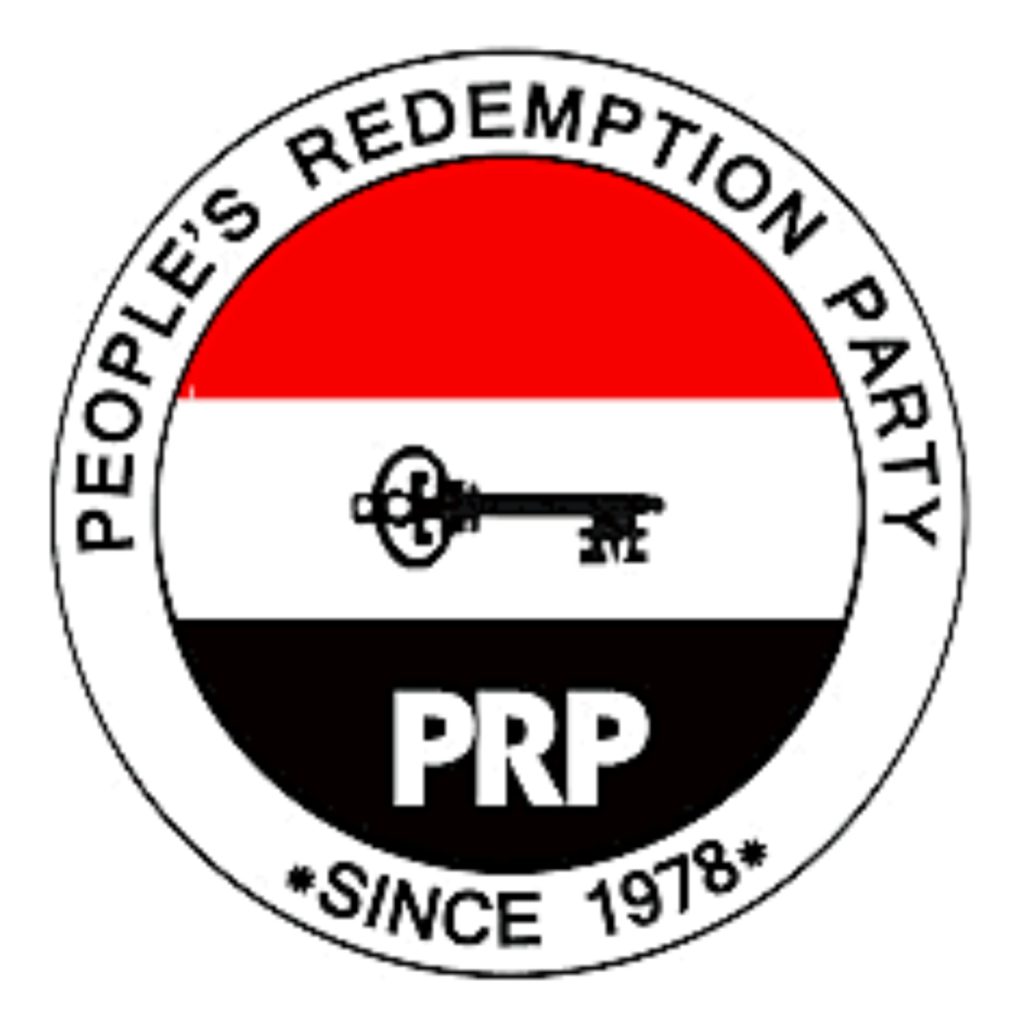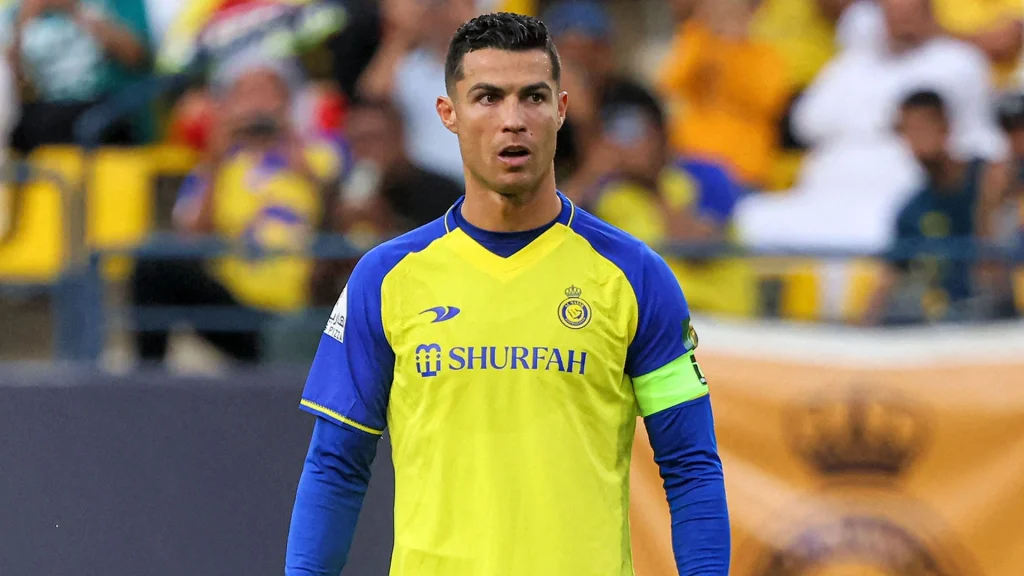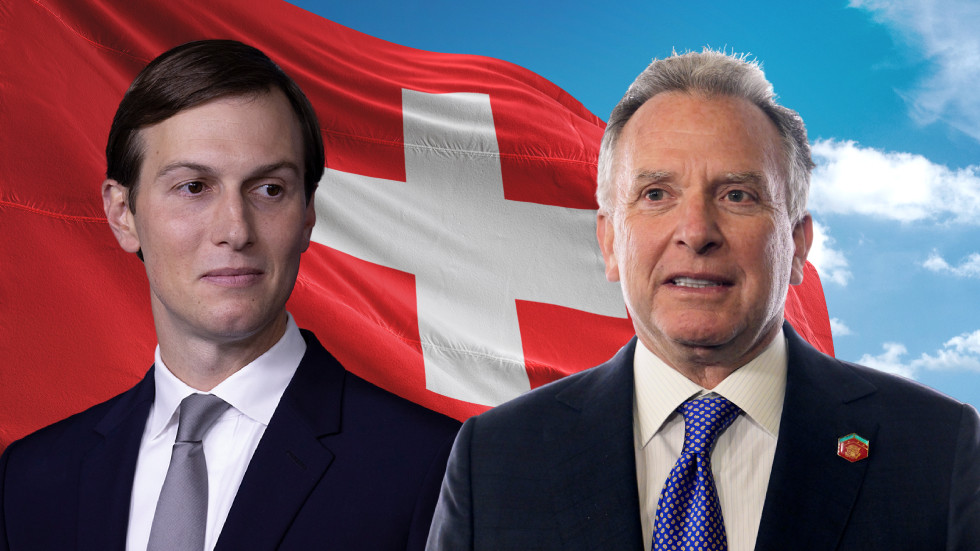Elon Musk has drawn attention to allegations made by Telegram founder Pavel Durov, claiming that French intelligence attempted to interfere in last year’s Moldovan presidential elections. Durov stated that French intelligence had requested his platform to censor certain channels ahead of the vote. In exchange, they offered to provide assistance in a criminal case pending against him in France.
According to Durov, the intelligence agency approached him last year, seeking to censor a number of channels. While some of the flagged channels did violate Telegram’s rules and were removed, others were legitimate but expressed views unpopular with the French and Moldovan authorities. Durov described the actions of the French spies as “unacceptable,” arguing that their offer constituted interference into the judicial process and the exploitation of his own legal situation in France.
Durov was arrested at a Paris airport in August 2024 and charged with complicity in crimes linked to Telegram users, including extremism and child abuse. He was eventually released on €5 million bail and placed under judicial supervision. Moldovan President Maia Sandu, who holds a pro-EU position, was re-elected in 2024 amid allegations of electoral irregularities.
This is not the first time Durov has made claims about French intelligence attempting to censor conservative voices. Earlier, he alleged that French intelligence chief Nicolas Lerner personally asked him to censor conservatives in Romania ahead of the presidential election rerun in May. Durov said he rejected the request, which was vehemently denied by Paris.
Musk has voiced his support for Durov, responding to his allegations with a brief post. The incident highlights concerns about election interference and the role of social media platforms in regulating online content. As social media companies continue to navigate the complexities of online censorship and election interference, incidents like this underscore the need for transparency and accountability. The allegations made by Durov and supported by Musk have significant implications for the integrity of democratic processes and the role of external actors in shaping election outcomes.



